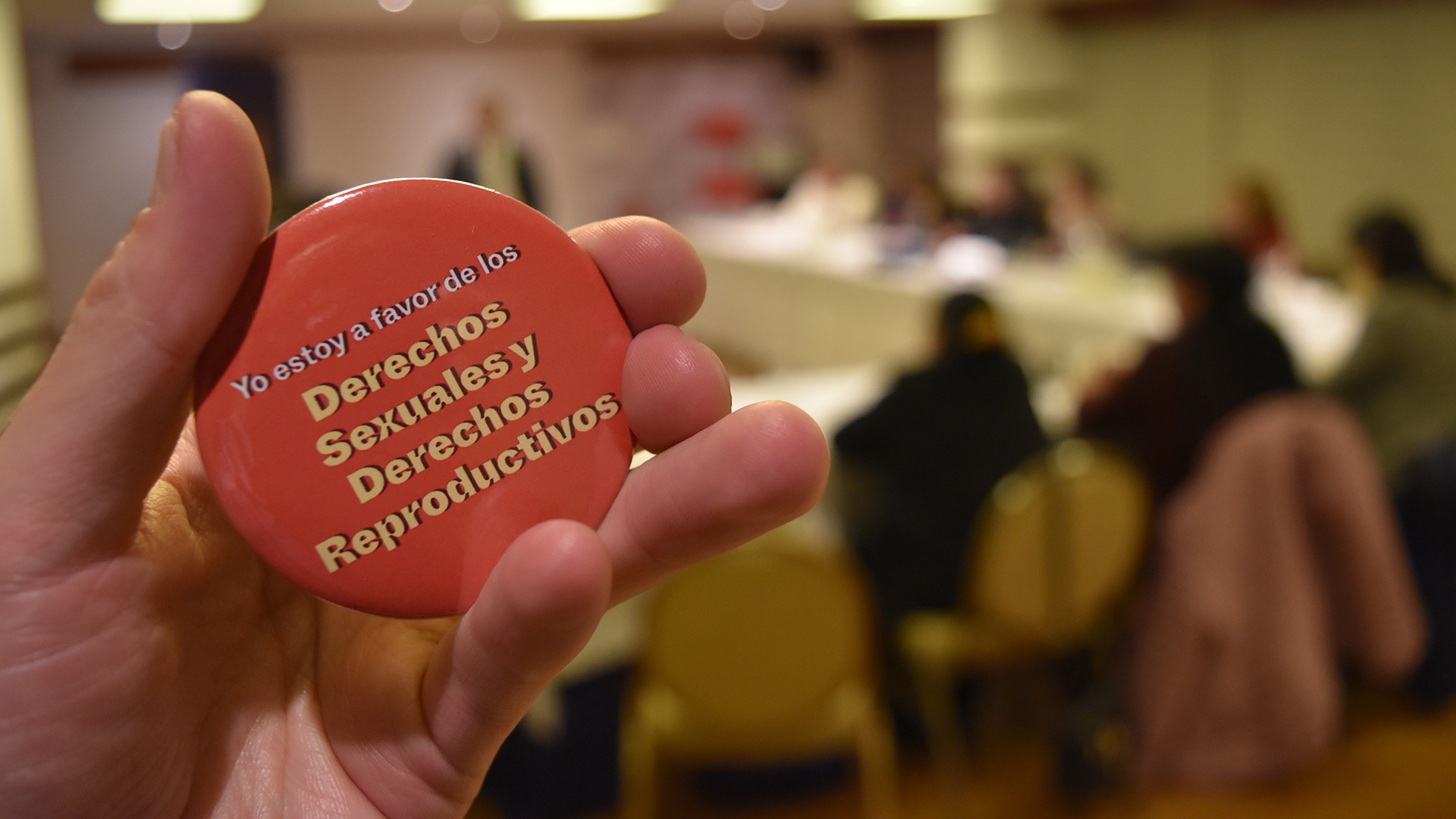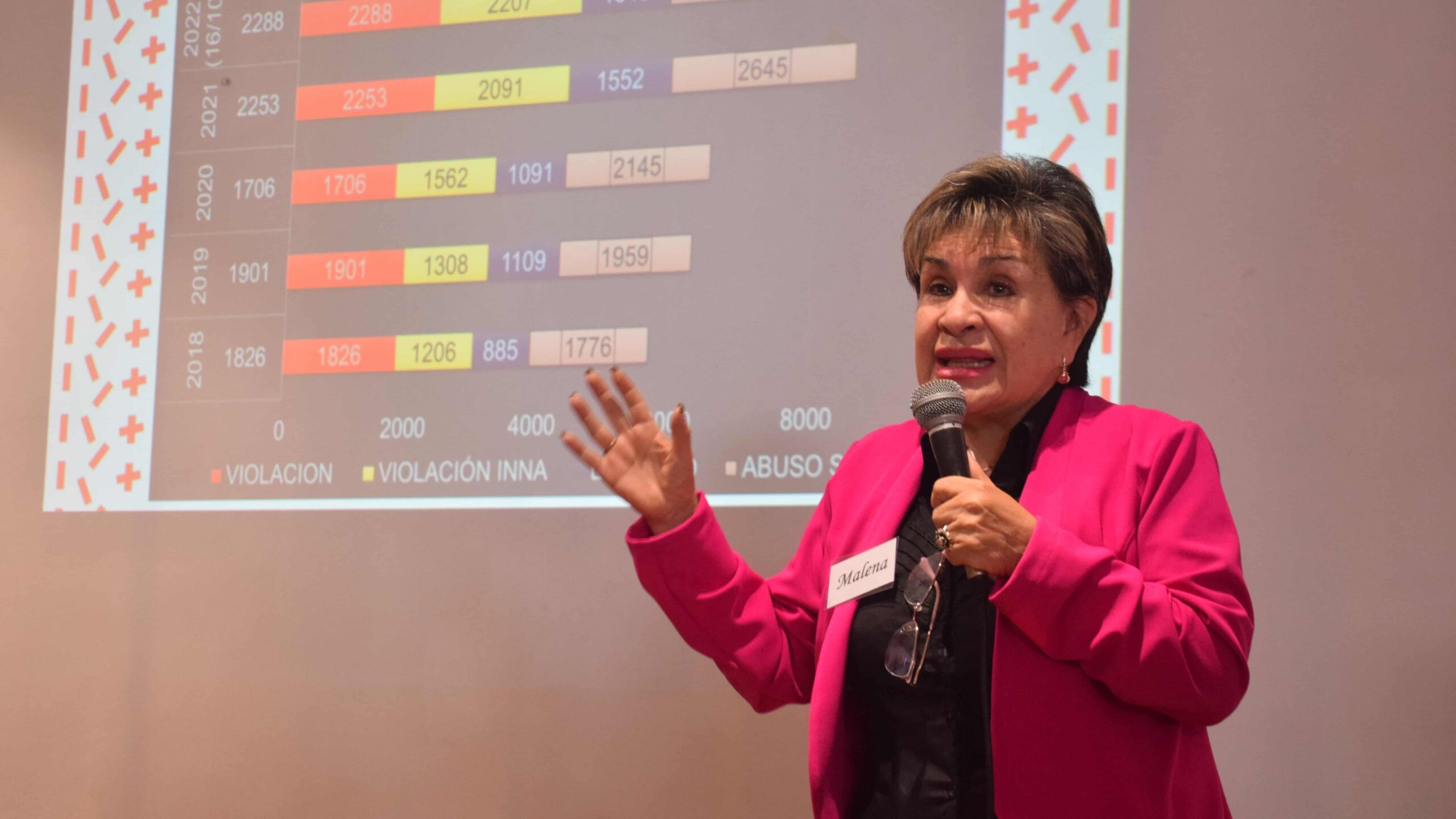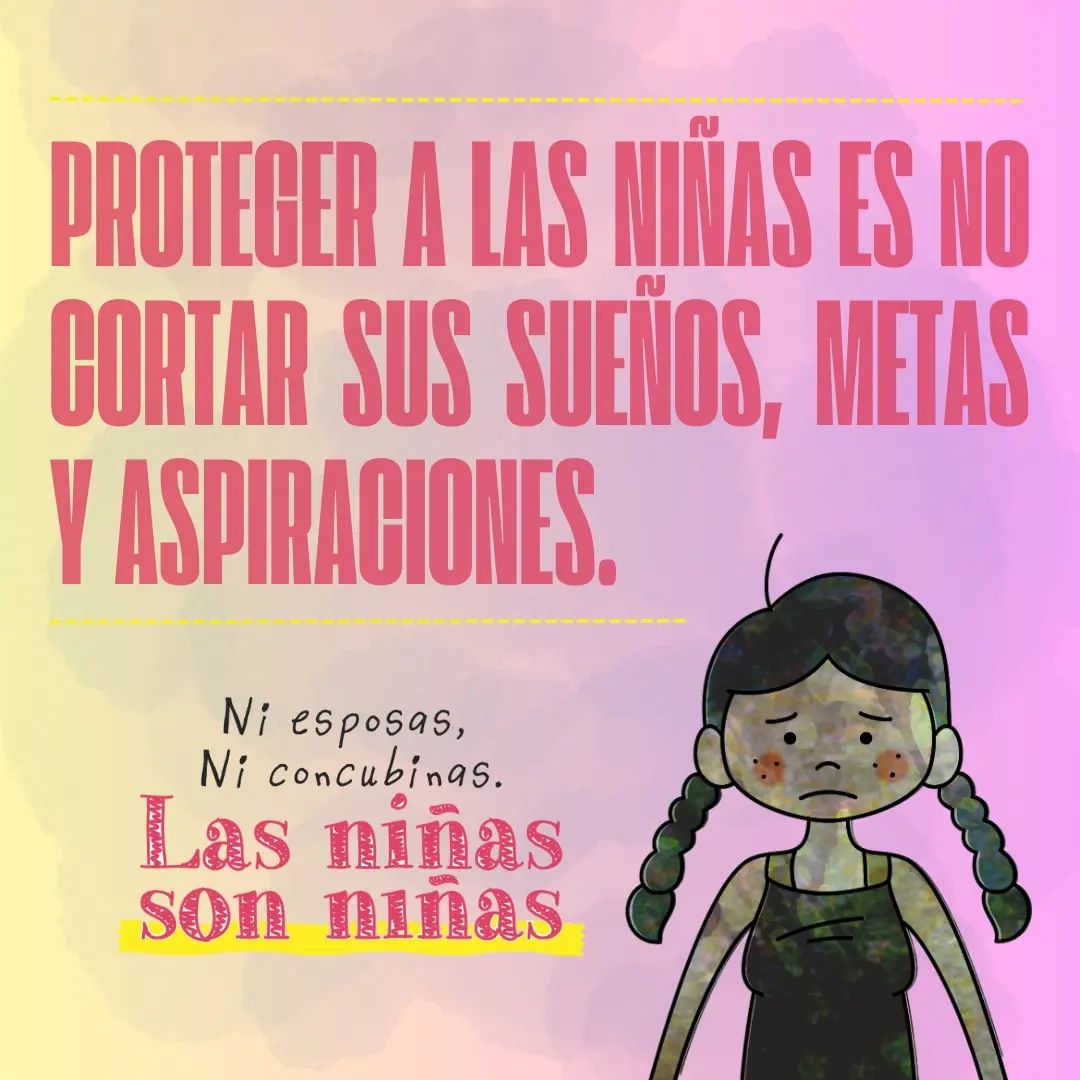Hundreds of feminist organizations in Bolivia have rejected changes proposed by pro-government senators to Law 348, officially known as the Law to Guarantee Women a Life Free of Violence, which, they say, seeks to generate setbacks in “the right of victims of violence to access to justice”.
They refer to a bill proposed by Movimiento al Socialismo (MAS) Senator Patricia Arce to modify Article 94 of Regulation 348, which, if approved, would give the Prosecutor’s Office eight days to “gather the necessary evidence” to determine whether the violence denounced by the woman can be proven.
In addition, it is proposed that in cases of sexual violence a group of experts, after listening to the victim in a gesell camera (a room with a spy mirror that allows people to be observed without being seen), determine the veracity of her testimony, which, in turn, must be corroborated by “other means of proof”.
“What worries us is that the issue of gender-based violence was something that we thought we had won in Bolivian society. That is, they could raise concerns that the parity law has not changed policy; or discuss the issue of sexual and reproductive health, that there is still no social consensus on the implementation of sexuality education in schools, but we believed that there was a social consensus to criminalize and punish violence from the justice system. It turns out that this is now in doubt,” Lourdes Montero, expert for Bolivia of the Committee of the Follow-up Mechanism of the Convention of Belém do Pará (Mesecvi), told Efeminista.
The changes, which were also rejected by the Government through the Ministry of Justice, have not yet been implemented, but are being analyzed by the Bolivian legislature.
Arguments for modifying the law on violence
Montero explains that this change that the Senate intends to make was accompanied by three arguments that shed light on the intentions of the proponent and those who support the modifications.
“The first argument had to do with the fact that it was a law that destroys families, that sets men and women against each other. The second argument was that it is an anti-men law, that is how they titled it, especially the president of the Senate. And the third argument was that the law violates the principle of presumption of innocence, that only the woman denounces and the man goes to jail. Now it is difficult to implement it and with the modifications they propose it would be an absolutely impossible law to implement”, he assures.
In addition to affirming that the law is “anti-male”, Senator Andrónico Rodríguez said that through the regulation “men are seen as enemies” and that he “knows” that there is “quite a lot of abuse” in its application.
However, women’s rights organizations said that these statements are based on “decontextualized” arguments and “generalizations” that lack evidence.
“The norm is blamed for abuses against the denounced, although many arguments refer to a bad application by some justice operators, to which conservative and anti-rights groups have joined,” they added in a statement.
“There’s a sense that we women are going overboard. That’s what we’ve been told. And that we are using Law 348 to blackmail, to harm men,” laments Montero, who says that, although these speeches and actions surprise her, they are not far from what is already happening in other countries in the region.
“We are seeing the attempt to change the name of the Ministry of Women’s Affairs in Ecuador, in Uruguay there have been setbacks on several issues, in Argentina (President Javier) Milei has practically eliminated several of the institutional advances and achievements of Argentinean women. So we do not see what is happening in Bolivia as an isolated event, but rather as a regional articulation and intentionality that is very worrying”, she emphasizes.
Violence against women in Bolivia
The figures for violence against women in Bolivia are an example of the need for the law, says the Mesecvi expert. “There has been an increase in the number of complaints because obviously women no longer tolerate the violation of their rights. Before, there was a complicit silence from society,” she says.
In addition, he says, there is now greater recognition of the various forms of violence, such as psychological or digital violence, but especially sexual violence, whose number of complaints “has doubled in recent years.”
“Bolivia is a small country, without serious problems in terms of crime like our neighbors, but it is one of the countries with the highest rates of gender violence. There are more femicides than crimes for other causes, because it is normal that femicide is a smaller percentage of all crimes against people in society […]. This leads us to reflect that we are in a process of change and women are paying the bill,” laments Montero.
For this reason, feminist organizations believe that it is vital that the need for comprehensive reforms to the justice system, which would put an end to the impunity of which women are also victims, be placed at the center of the conversation.
Across the country, 99.3% of cases of gender violence go unpunished due to rejection, abandonment or dismissal of complaints, according to figures compiled by civil society.
“They face a system that is deeply patriarchal, that judges them and makes them feel bad. That is to say, there is a whole prior judgment of those who should be imparting justice, and I am talking about the police as well as judges and prosecutors. We have been denouncing for a long time that there is a structural corruption in the Bolivian justice system that makes judges and prosecutors charge the victims to prosecute cases or charge the perpetrator to let him go free or outside,” says Montero.














